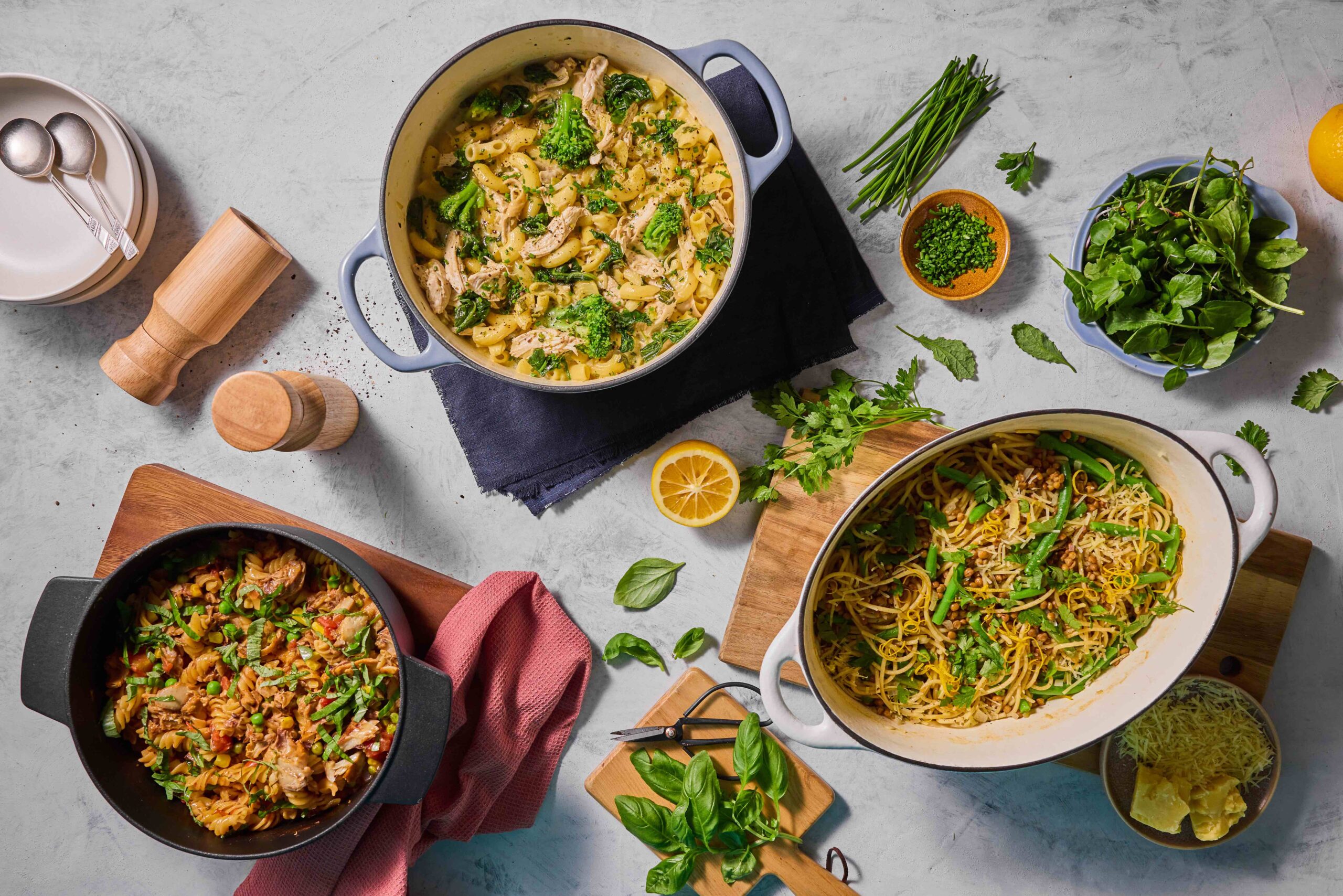It’s a mind-boggling statistic, but did you know that food waste in New Zealand equates to more than 157,000 tonnes of edible food ending up in landfills every year?
While there are many factors that come into play with the amount of food households waste, Love Food Hate Waste NZ says there is mounting evidence to show that a use-up day and flexible recipes to make a meal using food that is at risk of being discarded helps reduce food waste at the home; with reduction rates of 33 per cent in Canada and 46 per cent in the US highlighted in recent research programmes undertaken overseas.
Flexible cooking, also known as “pantry cooking” or “cooking from scratch,” is a culinary approach that encourages home chefs to use what they have on hand creatively. Instead of strictly following recipes, cooks are improvising with ingredients already found at home, thereby reducing the need for frequent grocery store trips and decreasing the likelihood of perishable foods going to waste.
“When we look at preventative behaviour change studies, we can see that families who are in a transition phase of life, and the younger generation (our GenZ) are our highest food wasters due to a lack of time, fussy eating issues and lack of knowledge on flexible cooking,” says Juno Scott-Kelly, Communications Manager for Love Food Hate Waste NZ.
“By focusing on flexible cooking and teaching these groups how to use commonly wasted food categories (fruits, vegetables, bread and grains), along with a 3+1 recipe approach, where we make a meal out of a base ingredient (rice, bread, potatoes), vegetables, and a protein source, and adding herbs or condiments as a ‘magic touch’ (the +1 element) we can effectively reduce the amount of food wasted at home.”

Several community organisations, such as food banks and community gardens, have embraced flexible cooking principles to rescue surplus food that might otherwise go to waste, with Love Food Hate Waste NZ launching initiatives to educate New Zealanders about the economic and environmental benefits of flexible cooking to reduce food waste in the home.
“Launching in October is our Recipe Remix initiative, which focuses on teaching people how to use a common base ingredient found in the home to make three different meals. For example, if you have lentils, mushrooms or mince at home you can make nachos, burritos or shepherd’s pie by just adding in your vegetables and favourite toppings,” says Scott-Kelly.
“Supported through online resources, social media campaigns, and council events throughout New Zealand, the Recipe Remix initiative has a real potential to lift some of the common barriers to using up highly wasted food items.”





